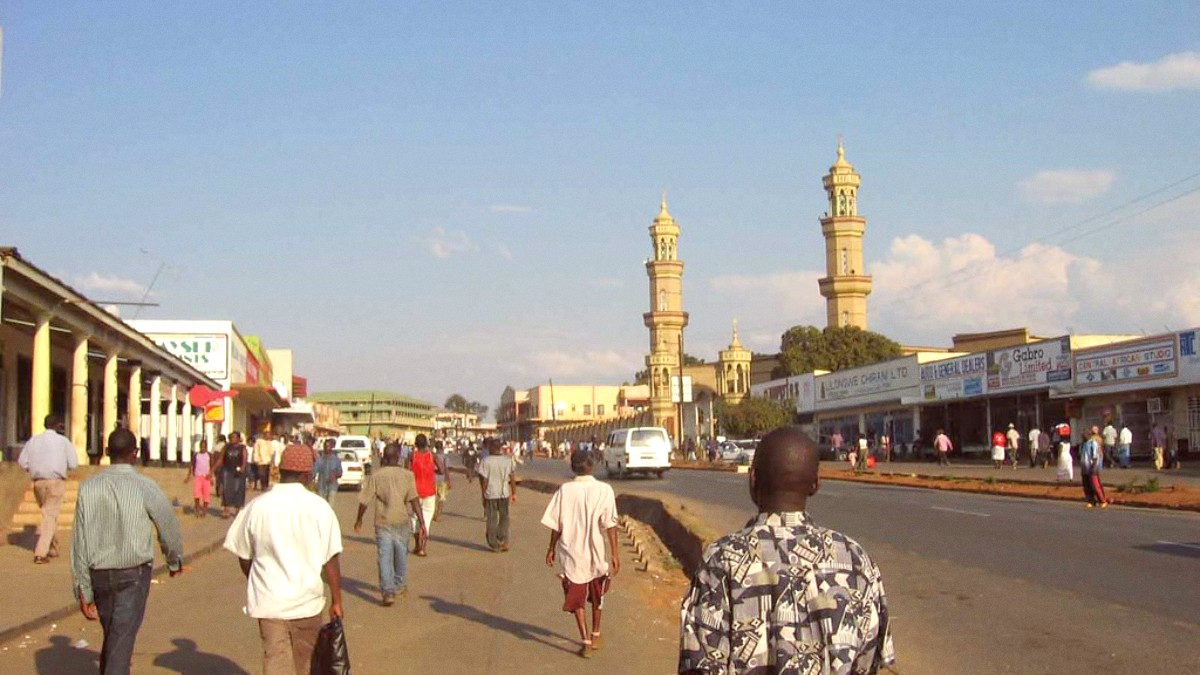
Malawi
The Lilongwe Wildlife Centre, though not historical, is Malawi’s only accredited wildlife sanctuary. It focuses on rescue, rehabilitation, and education for injured or orphaned animals. The Parliament Building and Capital Hill show the city's modern administrative core.
The Kamuzu Mausoleum, burial place of Malawi’s first president, Dr. Hastings Kamuzu Banda, holds historical importance, honoring the nation's founder and independence.
Formal art galleries are limited. Cultural insights are more commonly found through markets or community centers.
Lilongwe has natural attractions and green spaces for relaxation and wildlife viewing.
Offers a genuine cultural experience, immersive insight into traditional Malawian village life, crafts, performances.
Smaller neighborhood markets for a more intimate local experience, observe daily life, interact with vendors.
Lively and engaging cultural experience during league season. Inquire locally about schedules and venues.
An authentic, less touristy village experience. A glimpse into typical rural life surrounding the capital.
An emerging destination, accessible wildlife experience near Lilongwe. Family-friendly safari without long travel times.
Sunsets over the African bush from lodges on the city outskirts. Interactions with local people create memorable photos.
Lilongwe Wildlife Centre (connect with nature, rescued animals), Forestry Botanical Gardens (tranquil space, tree species, walking paths).
Lilongwe Wildlife Centre (see rescued Malawian wildlife), Kuti Wildlife Reserve (game drives, walking safaris for non-predatory animals).
Lilongwe is inland. Lake Malawi (1.5-2 hours drive) for sandy beaches, swimming, water activities. Plan a separate excursion.
Lilongwe offers specific sites to appreciate its cultural fabric and unique spaces.
When visiting sites, allow enough time to explore fully. Consider hiring a local guide for insights, especially at markets or cultural villages.
Public transport (minibuses) connects many areas, but taxis offer convenience, especially after dark. Discuss fares before starting your journey.
Ensure current opening times and entry fees are known. Some sites close on public holidays or for special events.
Transportation within Lilongwe has different options for convenience and budget.
For safari trips to Liwonde or Majete, dedicated time. It improves chances of spotting diverse wildlife.
While Lilongwe has few formal museums, it offers glimpses into Malawian heritage through various institutions.
Forestry Botanical Gardens (Lilongwe): Tranquil space with various tree species and walking paths for a leisurely stroll.
Lilongwe Wildlife Centre: Best place within the city to see rescued Malawian wildlife up close, including primates and birds.
Burial place of Malawi’s first president, Dr. Hastings Kamuzu Banda. Significant historical importance, honor the nation's founder.
A bustling, sensory experience, great for observing daily Malawian life and local commerce.
The seat of Malawi’s legislative branch, a modern architectural landmark reflecting national aspirations.
Government seat, home to various ministries, with wide avenues and official buildings, a planned district.
An accessible, community-run reserve near Lilongwe for game drives and walking safaris with non-predatory animals.
An UNESCO World Heritage site, ancient rock paintings, a few hours' drive from Lilongwe for a dedicated day trip.
Scenic viewpoints and dramatic natural wonders are found outside the city.
Beyond major sites, Lilongwe has spaces for arts, culture, and local life observation.
Always ask permission before taking photos of people.
A simple "Ndingatenge chithunzi?" (May I take a photo?) shows respect and often results in a positive interaction. This applies notably to children.